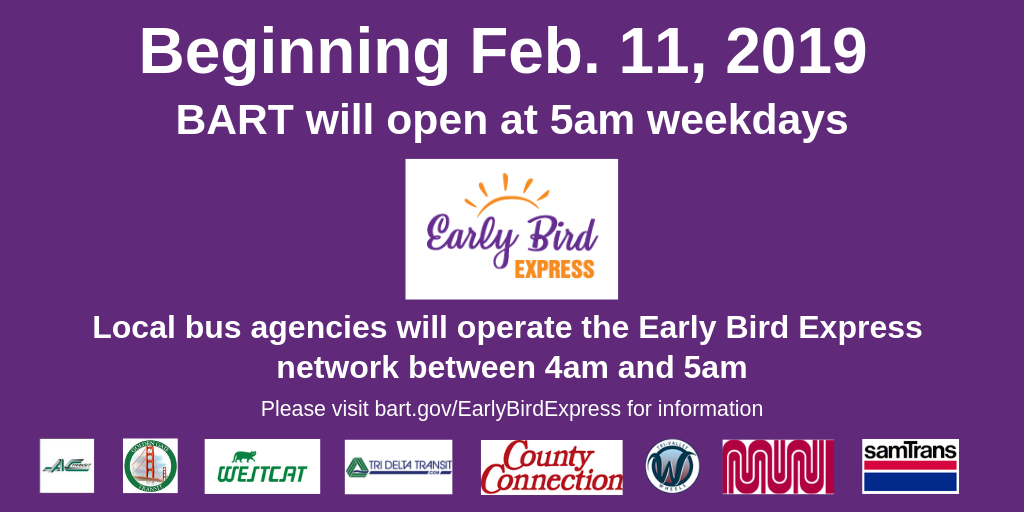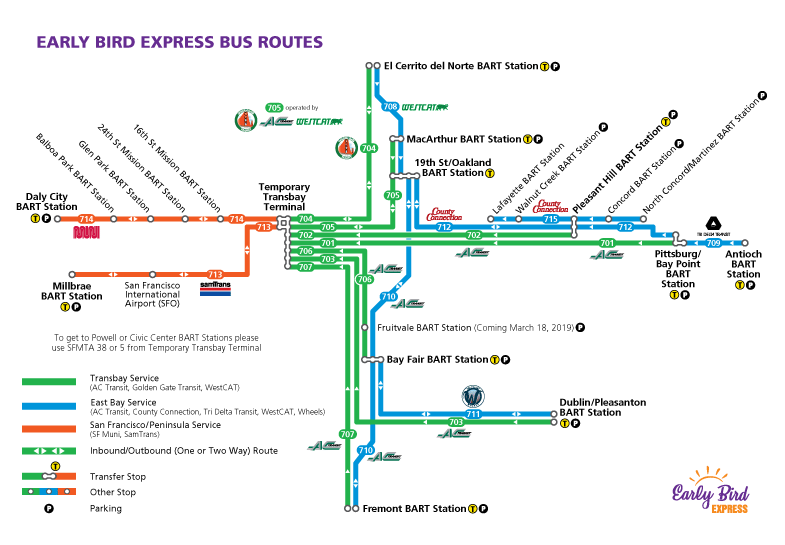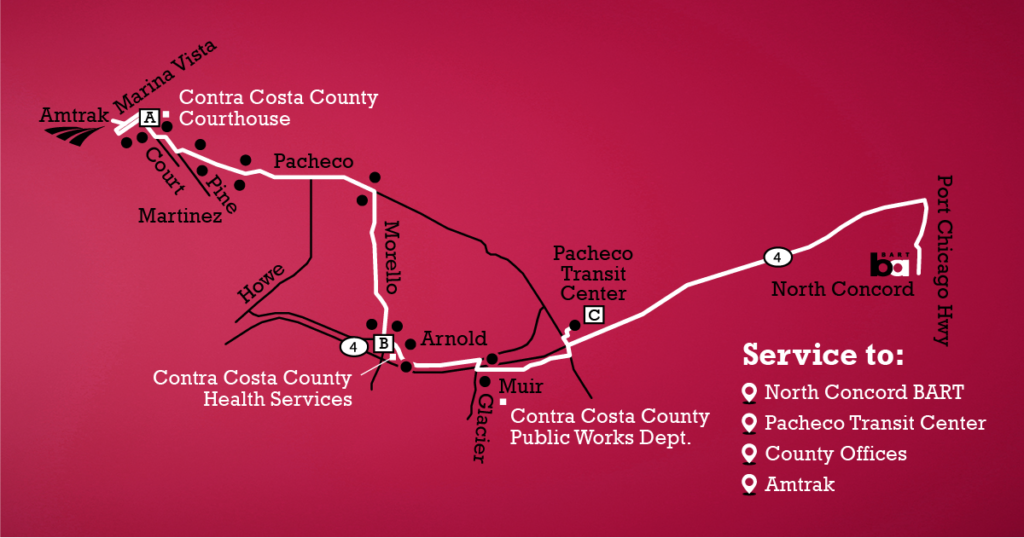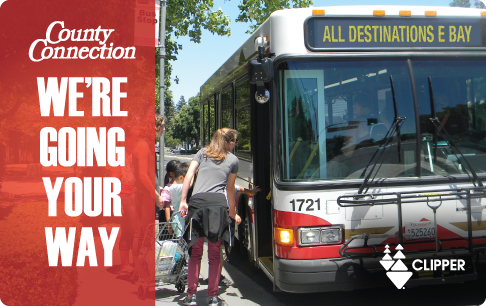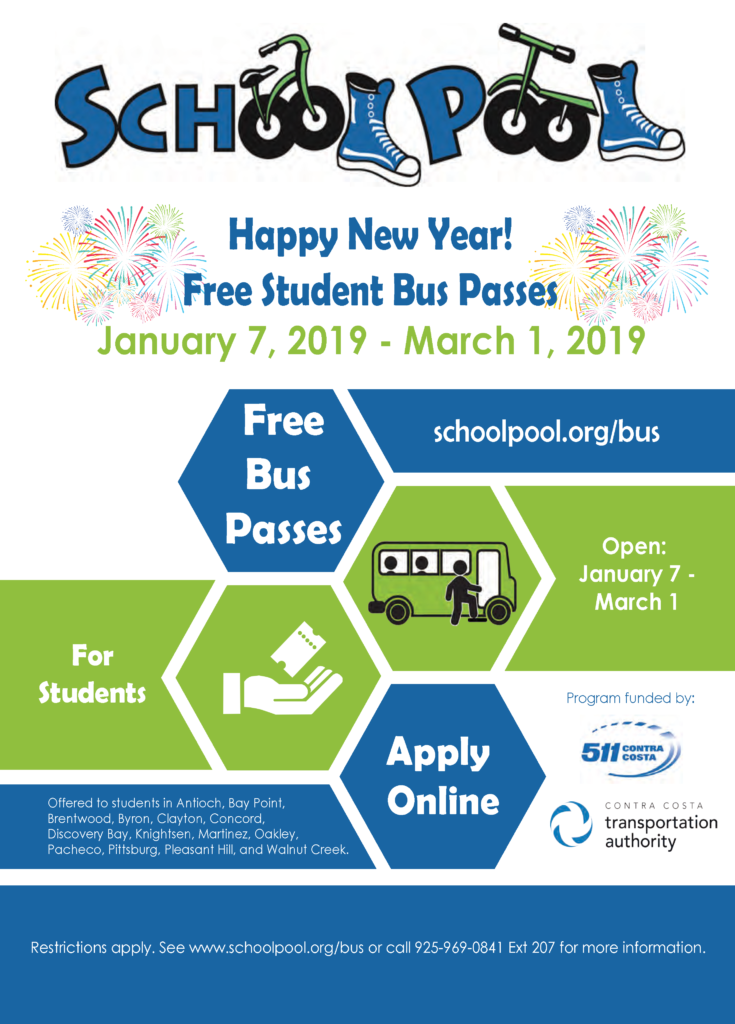In my last blog, I shared highlights about the history of innovation at County Connection. This second entry continues on the theme of innovation at County Connection with a focus on the past ten years, where we have been innovative in our labor contracts, our equipment, and computer-based passenger amenities.
County Connection has three labor unions that together, represent roughly 80% of our workforce, each requiring its own labor contracts. Public sector labor contracts are often full of annual guaranteed wage increases for all members of a bargaining unit that are covered by the contract. Historically, the related contracts have had guaranteed annual wage increases that are typically between 2-4%.
As the 2008/2009 economic recession began to recede in 2010/2011, there was concern at County Connection about including guaranteed wage increases in multi-year labor contracts going forward. This is because in 2008, 2009, and 2010 – while County Connection lost 25% of its revenues – we were contractually bound to give out annual wage increases we could not afford. Generously, all three of our labor unions voluntarily gave up wage increases in many of those years, allowing us to freeze wages for all employees over a three-year period, and helping us to avoid workforce reductions.
This is where we get to the innovation part. As the economy picked up in 2011, County Connection was to negotiate new labor contracts in 2012 and 2013. The Authority (our governing body) was reticent to commit to annual wage increases in new contracts out of concern of another economic turndown. On the other hand, after three years of wage freezes, the employees and their respective unions wanted three year contracts with annual wage increases included. What to do?
We came up with an innovative concept that to this day is rarely seen in the public sector. We call them the economic triggers. In simple summary, these triggers work like this: Should one of our key funding sources drop from year to year, the following year, any wage increase can be permanently withheld. Likewise, if County Connection has to endure a significant increase in fuel costs or in pension costs from year to year, the following year, any wage increase can also be permanently withheld. This allows County Connection a contract-based authority to not give out wage increases in response to unexpected significant economic blows. Again, this is something you rarely see in public sector labor contracts.
Another area of recent innovation was the introduction of Wi Fi capability on all 121 of County Connection’s fixed-route 30- and 40-foot buses. This has been the case now for over six years. Thus, customers of County Connection can be on the Internet while riding transit in central and south Contra Costa County. Moreover, we will be starting in 2018 to replace all the routers on all of our fixed-route buses to move to the next level of router technology. This will make Internet usage on County Connection buses even faster and more reliable.
Also within the last ten years, we have implemented a feature we call Bus Tracker. Bus Tracker uses software to track every County Connection bus at all times. This lets County Connection management better oversee the system for on-time performance and service quality. Even better, not only do we know where every bus is precisely at a given time, but also our customers can similarly track the whereabouts of any bus at any time by accessing our webpage, or on an app via a desktop, laptop, pad, or smartphone. Thus, customers can reduce their wait time by only arriving at a bus stop a few minutes before the bus comes.
The last highlight I want to share is about our state-of-the-art buses. County Connection introduced its first four battery electric buses in late 2016 and by the end of 2018 we will have four more in operation for a total of eight battery electric buses in our fleet. These are the first battery electric buses manufactured by local (Livermore) bus manufacturer Gillig. And, they are the first to be inductively charged while on route.
Inductive charging in the field allows for a bus to be out in service for much longer periods of time than a traditionally charged battery electric bus. Inductive charging also promises to extend battery life – saving County Connection the expenses related to battery replacement.
With the State of California about to mandate the purchase and usage of zero emission-based buses (battery electric or fuel cell powered), finding innovative ways to extend battery life and range is going to be critical in making compliance to this mandate work. County Connection – with its innovative inductive charging – is already doing just that.
These are just a few of the innovative approaches that County Connection has implemented to enhance rider experience and improve how the agency delivers its service. As 2018 comes to a close, we are proud of how these past innovations are helping us to lay the foundation towards adopting new technologies and meeting mobility demands in the future.


